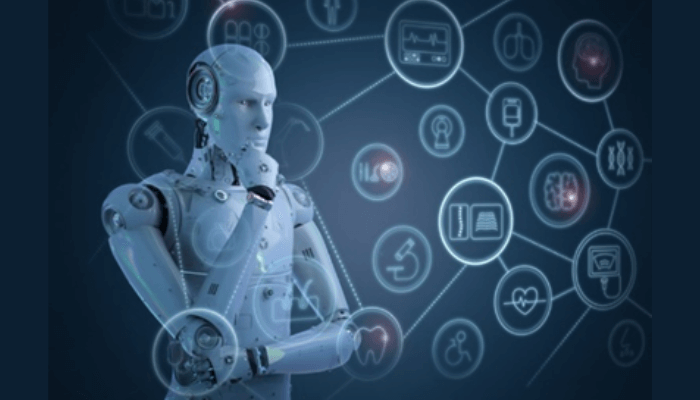AI-optimized data centers will more than quadruple their electricity demand by 2030, making artificial intelligence the most significant driver of the increase, according to a new report by the International Energy Agency (IEA).
By 2030, the electricity demand of global data centers is projected to more than double, reaching approximately 945 terawatt-hours (TWh), exceeding the current total electricity consumption of Japan, according to the IEA’s report titled Energy and AI which analyzes the connections between energy and AI.
Last year, data centers accounted for approximately 1.5 percent of global electricity consumption, totaling 415 terawatt-hours (TWh), with the US as the largest consumer at 45 percent, followed by China at 25 percent.
Read also: Egbin Power to host FG’s National Data Park, compute Infrastructure
In the US, data centers are projected to drive nearly half of the increase in electricity demand by 2030.
By 2030, US data processing, driven by AI, is projected to consume more electricity than the nation’s entire energy-intensive manufacturing sector including aluminum, steel, cement, and chemicals, according to the report.
The report predicts that in advanced economies more broadly, data centers are projected to drive more than 20 percent of the growth in electricity demand during the same period.
To meet the rising electricity demands of data centers, a diverse mix of energy sources will be utilized, with renewables and natural gas poised to lead the way thanks to their cost-effectiveness and availability in major markets, according to the report.
The report highlighted that significant uncertainties remain, from the macroeconomic outlook to how quickly AI will be adopted, and noted questions over AI’s capability and productivity, the pace of efficiency improvements and whether energy sector bottlenecks can be resolved.
The report also warned that AI could exacerbate certain energy security issues and raise concerns about the supply of critical minerals.
Commenting on the report, IEA executive director Fatih Birol noted that AI is “one of the biggest stories in the energy world today,” but until now, policymakers and markets lacked the tools to fully understand the wide-ranging impacts.
“Global electricity demand from data centers is set to more than double over the next five years, consuming as much electricity by 2030 as the whole of Japan does today,” Birol added.
“The effects will be particularly strong in some countries. For example, in the United States, data centres are on course to account for almost half of the growth in electricity demand; in Japan, more than half; and in Malaysia, as much as one-fifth,” he added.
Birol highlighted the significance of AI in the energy sector, positioning it as a central element in the ongoing “technological revolution”.
“AI is a tool, potentially an incredibly powerful one, but it is up to us – our societies, governments, and companies – how we use it,” he added.

